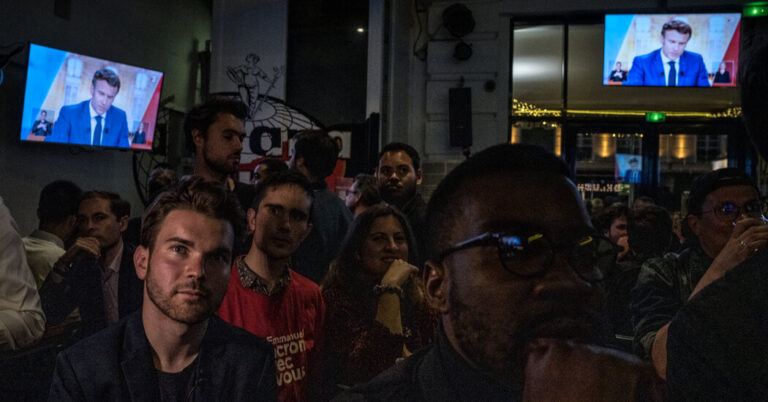Opinion | Senegal Is Witnessing a Messy, Buffoonish End of Rule
Such a disastrous end to Mr. Sall’s career is all the more perplexing given that he had very good intentions at the outset. In April 2012, two weeks after his swearing-in, he announced from the Élysée Palace in France his decision to reduce presidential terms of office from seven to five years. After the change was eventually upheld in a referendum, applying to his second term rather than his first, Mr. Sall seemed to have honored his word. But his subterfuge in recent weeks suggests that, in the end, even this dream was too big for him.
This post-independence president, the fourth to hold the office, is the first to be so often called a dictator. Is he one? The answer is no, when you consider the carnage being perpetrated by Mahamat Idriss Déby’s regime in Chad, for example. I’m well aware, however, that this kind of comparison not only leads nowhere but is also rather dangerous. Each country must be judged on the basis of its own history, and it would be very sad to end up congratulating ourselves on having fewer dead bodies in the streets of Dakar than in those of Ndjamena.
Nevertheless, the man who vowed in April 2015 to all but eliminate the opposition has shown himself to be increasingly authoritarian and violent in the past three years. After turning the opposition leader, Ousmane Sonko, into a mythical figure by demonizing and imprisoning him, Mr. Sall brutally repressed all demonstrations in his support. Since March 2021, when Mr. Sonko was arrested, security forces have killed at least 40 young protesters. For good measure, the government threw 1,000 activists in prison, including Bassirou Diomaye Faye, another leading opposition figure. Credible reports of torture have not been investigated.
It’s a lot of collateral for Mr. Sall’s ultimately failed attempt to outstay his welcome. His detractors would like to see him prosecuted by international justice but, in the world as it is, this seems unlikely. Senegalese civil society, though, may demand that whoever succeeds Mr. Sall hold him accountable for his actions. That’s where a new amnesty law passed by Parliament in early March could prove crucial. The law, which pardons acts committed in connection with political unrest since March 2021, has led to Mr. Sonko and Mr. Faye, who is a candidate in the election, both being freed. But many fear that it could be also used to protect the security forces and, of course, Mr. Sall himself.
For now, the constitutional council has succeeded in calming things down, but Senegalese democrats shouldn’t sing victory too soon. The worst — contested results setting off violently repressed protests, for example, amid the threat of military involvement and foreign interference — could be still to come. Even if the election goes smoothly, it’s hard to imagine certain high-profile figures in the presidential camp allowing themselves to be held to account by the next administration without a major reaction. There could well be more trouble ahead.
Check out our Latest News and Follow us at Facebook
Original Source







